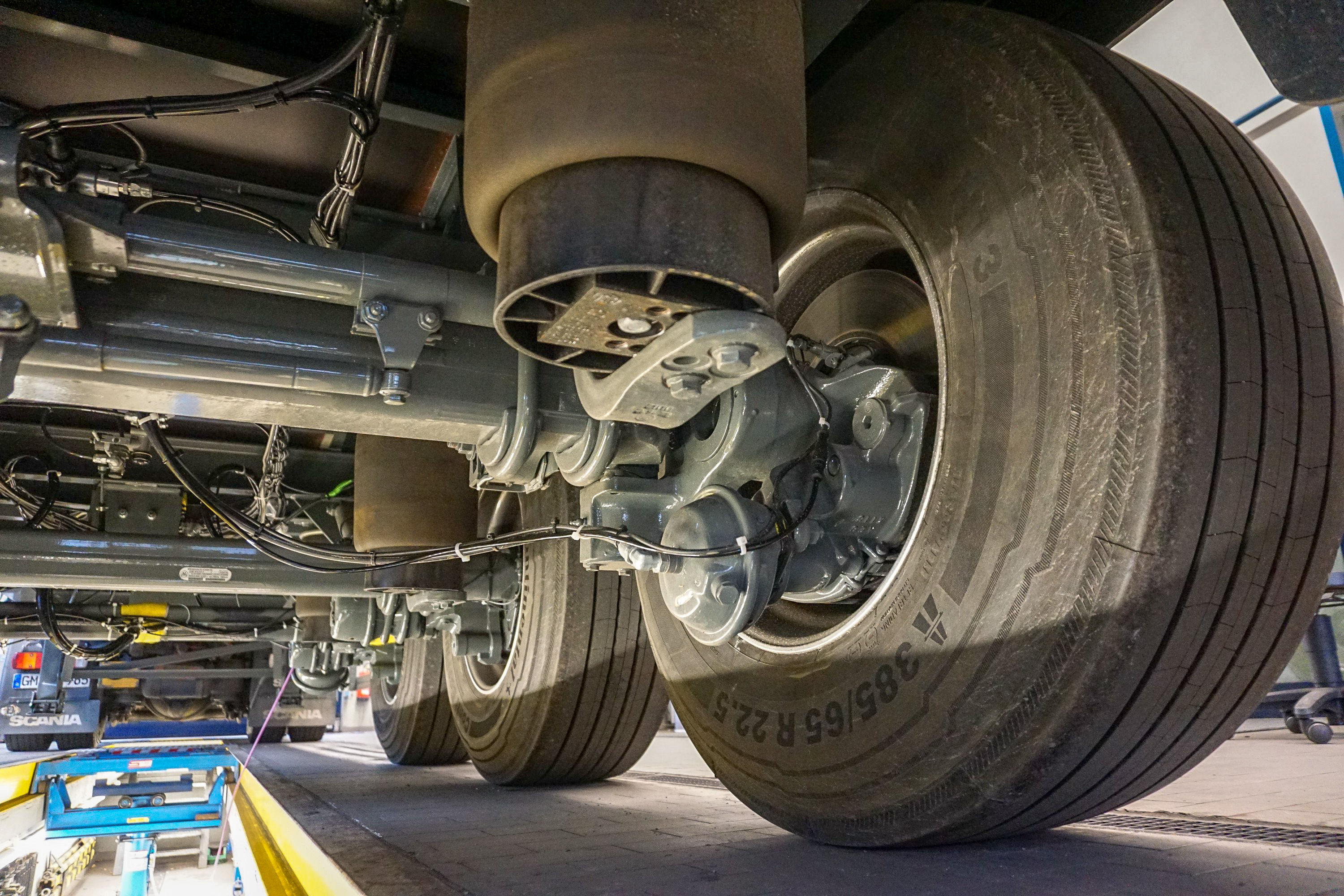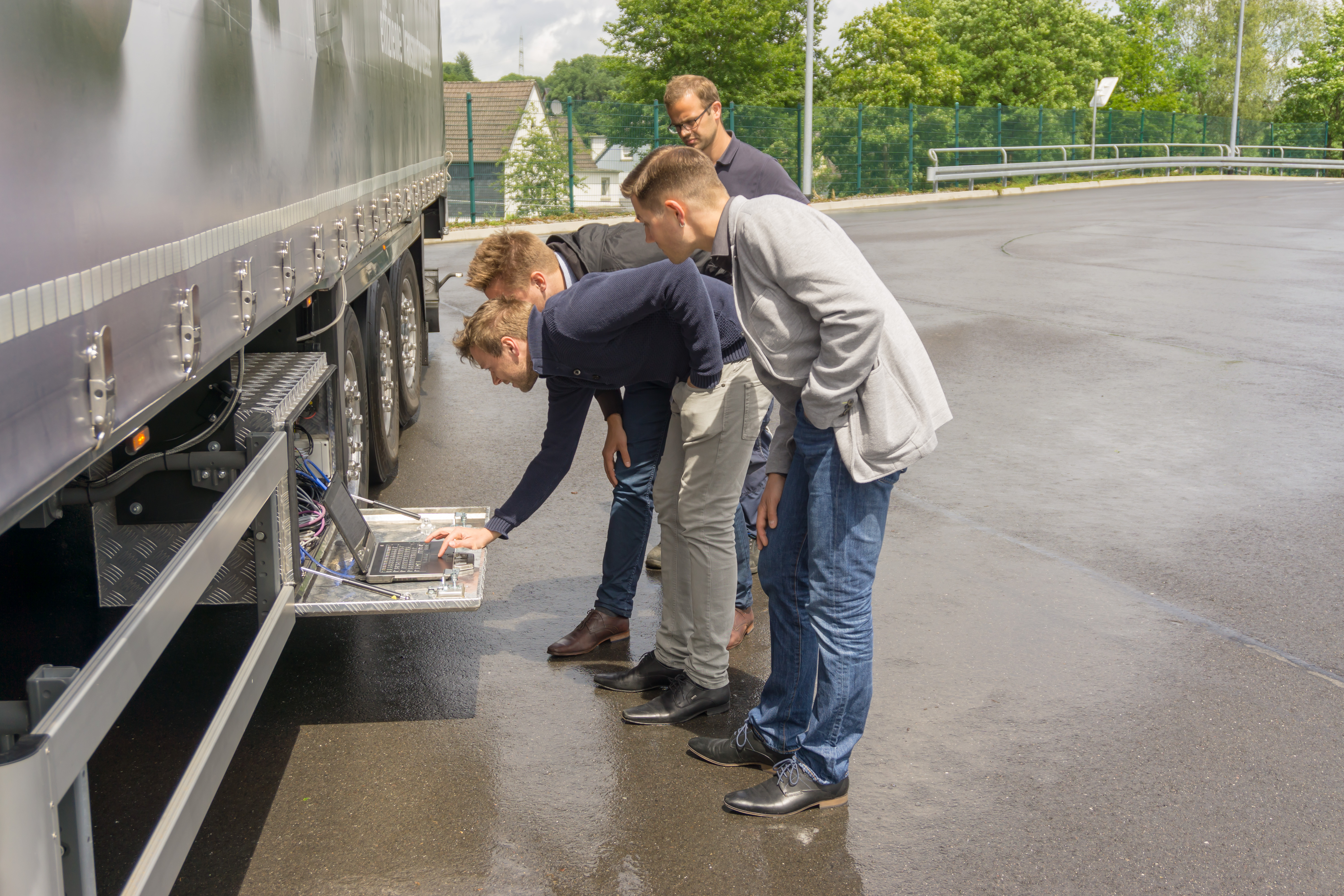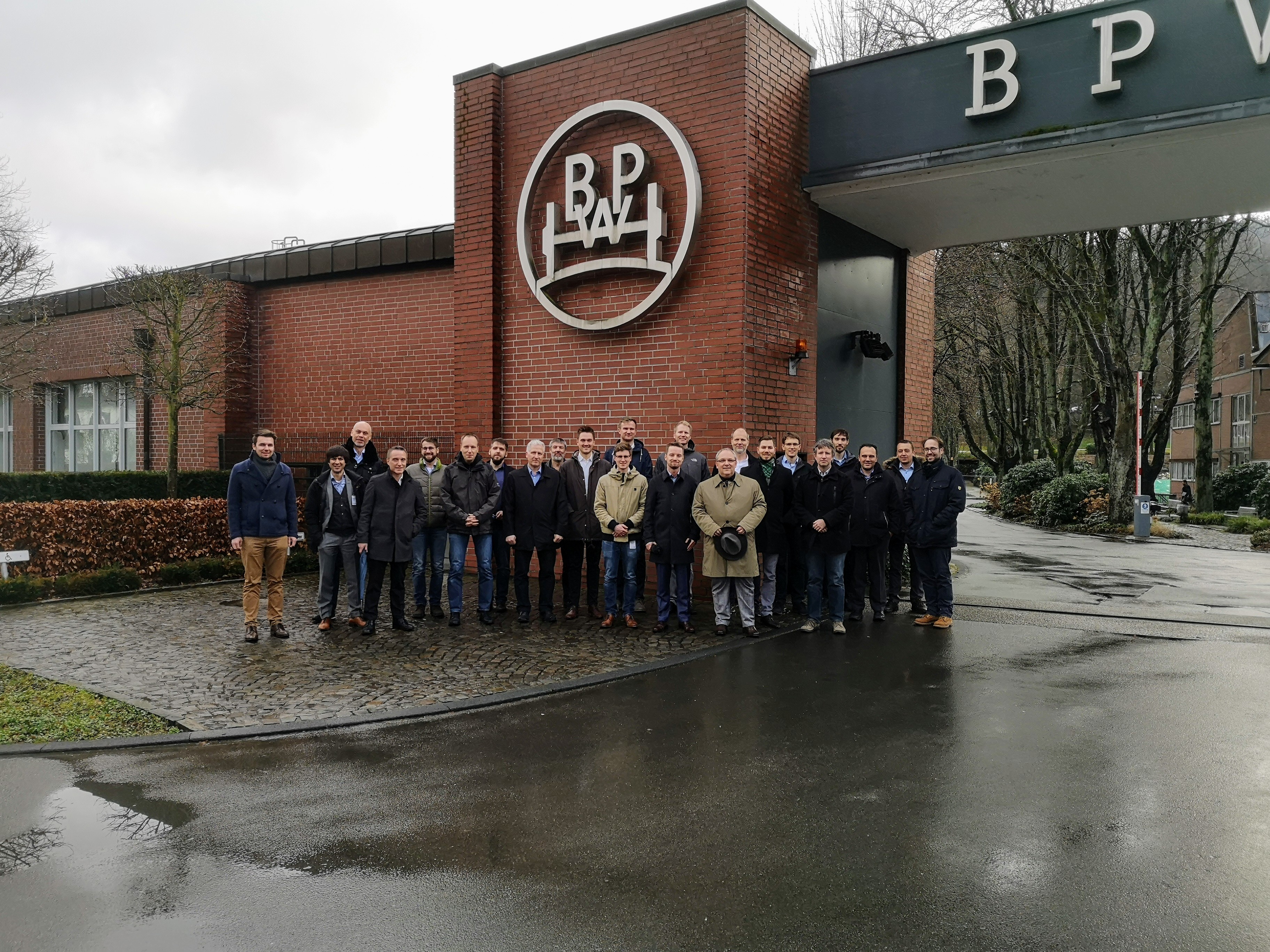Autonomous driving of trucks is one of the current topics in the commercial vehicle industry. Particularly because the logistics industry has long relied on digitized efficiency, this area holds special opportunities. Truck trailers have received little attention in automated driving to date, even though they largely determine driving dynamics and truck reliability. Their relevance will increase as autonomous driving advances and expectations of supply chain efficiency rise.
The research project IdenT (Identification of Dynamics- and Safety-Relevant Trailer States for Automated Trucks) focuses on the trailer and develops solutions in different areas. The goal of the project, in which we as ITWM are involved, is the construction and testing of an IdenT system, which consists of an intelligent trailer sensor network, a cloud-based data platform, and methods for the on- and offline processing of the data.



